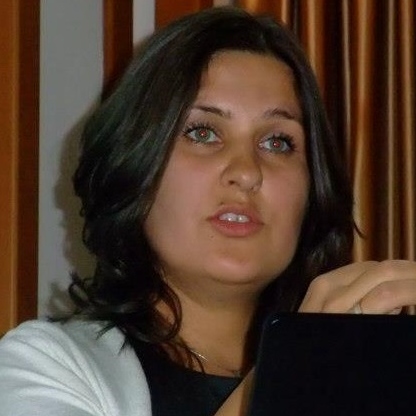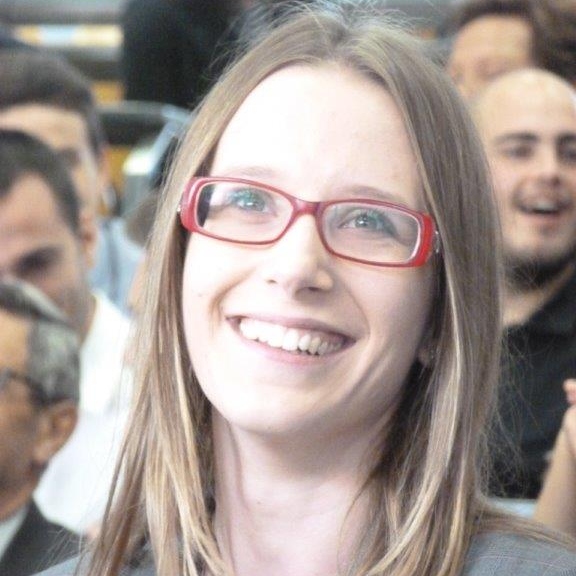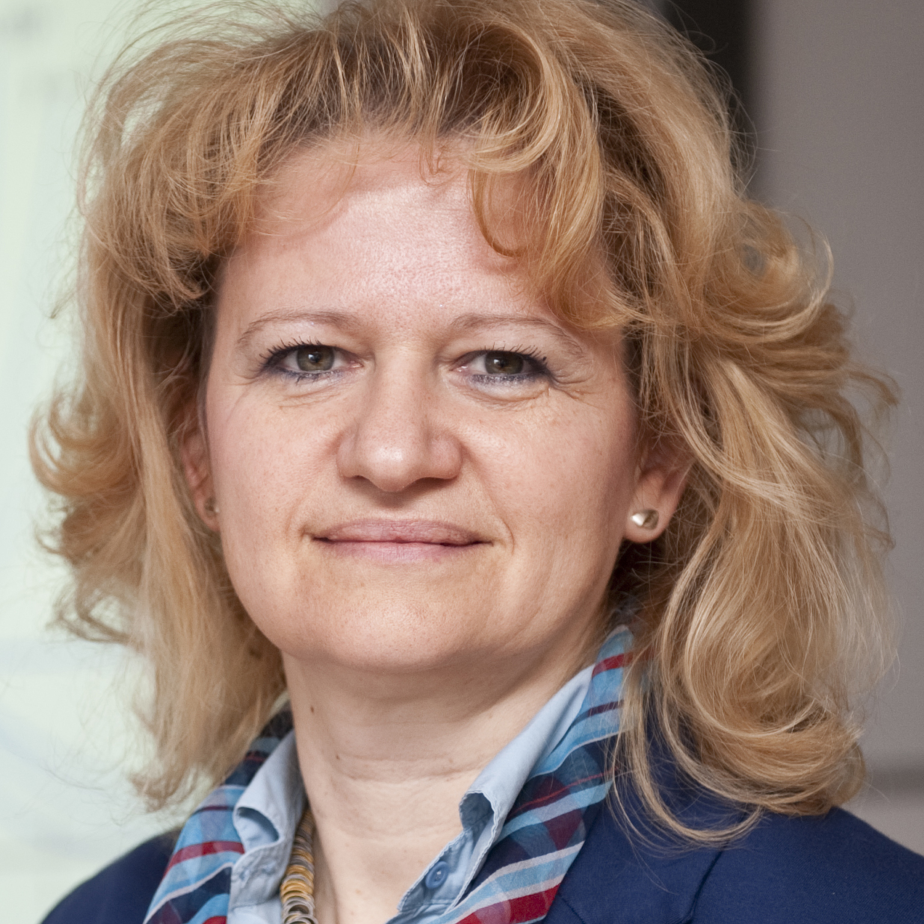3rd IAHR Young Professionals Congress | Day 4: Hydroinformatics and Flood Risk Management - Thursday, 1 December 2022
Programme overview Video replay Home Proceedings
Welcome Day 4 | 12:00 - 13:00 CET
Keynote: Jelena Batica "Comprehensive Flood Risk Management – Existing Potential"
Chairs: David Ferras and Arianna Varrani
Jelena Batica
Jaroslav Cerni Water Institute, Serbia
IHE Delft Institute for Water Education
Polish Academy of Sciences
Hydroinformatics and Digital Innovation | 13:00 - 14:00 CET
Hosts: Michael Nones and David Ferras
Chairs: Dr. Frank Molkenthin and Ioana Popescu
Frank Molkenthin
Braundenburg University of Technolgy Cottbus
IHE Delft Institute for Water Education
HydroLang Markup Language: Community-driven web components for hydrological analyses, by Carlos Erazo Ramirez, Yusuf Sermet and Ibrahim Demir
Impact of the topographic information resolution on the results of mathematical hydrodynamic models, by Matias Bupo and Cabello Andres Miguel
Numerical investigation of infiltration methods and LID measures on rainfall-runoff in an experimental urban area, by Yangwei Zhang, Franziska Tügel and Reinhard Hinkelmann
A multi-GPU accelerated 2D hydrodynamic method for catchment-scale flood simulation, by Hao Han, Zhao Jin and Jing Zhang
Coffee break with mentors | 14:00 - 14:30 CET
Hydroinformatics and Water Management | 14:30 - 15:30 CET
Hosts: Emanuele Quaranta and Qian Yu
Chairs: Philippe Gourbesville and Sajjad Roshandel
Philippe Gourbesville
Universitate Cote d'Azur (UCA)
Xiamen University
Evaluation of water status at Aksu Stream in Antalya, Turkey using WASP8 deterministic water quality model, by Secil Tuzun Dugan and Ayşe Muhammetoğlu
Forest-Water Nexus: A remote sensing-based evapotranspiration assessment of the Kafue River Sub-Basin, by Muyaka Kamamba, Imasiku Nyambe and Kawawa Banda
Modeling sustainability of surface water potential under current and future water demand in wolaita zone, Ethiopia, by Eden Ollo, Kassahun Tamiru, Bereket Netsanet, Tadewos Adema and Wondimu Elias
A method based on sensitivity analysis for the identification of the most influential phosphorus stressors along a river stretch, by Mihaela Borota, Elisabeta Cristina Timis, Vasile Mircea Cristea and Michael George Hutchins
Analysis of flood hazard due to levee breaches in a vast lowland region using a 2D SWE model, by Matteo Pianforini, Susanna Dazzi, Paolo Mignosa and Renato Vacondio
Simulation of an extreme flood event in a Peruvian Andean basin. A first approach for implementing the WRF-Hydro model, by Nadia Callan Diaz, Pedro Rau, Fiorela Castillón, Giancarlo Flores and Waldo Lavado
Short-term urban water demand forecasting using Theta Models in Casablanca city, Morocco, by Ikram Samih, Dalila Loudyi and Adil Ez-Zetouni
Effects of land cover change on water balance components in Gilgel Abay catchment using SWAT Model, by Hadilawit Aga
Coffee break with mentors | 15:30 - 16:00 CET
Flood Risk Modelling | 16:00 - 17:00 CET
Hosts: Gaetano Crispino and David Ferras
Chairs: Tomasz Dysarz and Daniele Pietro Viero
Poznan University of
Life Sciences
University of Padova, Italy
Exploring the link between microbial pathogens in urban floodwater and health consequences through traffic exposure on streets, by Nguyen T.T. Huynh, Gerald A.C. Perez and Chris Zevenbergen
Integrated ADCIRC-SWAN-HEC-RAS 2D Modeling Framework for cyclonic coastal flood inundation mapping, by Aman Tejaswi, Bhabagrahi Sahoo, Ravindra Kale and Pln Murty
An adjoint-based optimal control method for unsteady river flows, by Pablo Vallés, Isabel Echeverribar and Pilar García-Navarro
Modeling and risk analysis of MANBAA-AL-GHOZLAN Dam failure in the city of Biskra and the surrounding communities, south Algeria, by Kheloufi Billal, Hachemi Ali and Mimeche Liala
Refined simulation of waterlogging process in urban overpass using finite volume method, by Yujia Ye, Huapeng Qin, Junqi Mao and Baoying Wang
Coffee break with mentors | 17:00 - 17:30 CET
Flood Risk Management | 17:30 - 18:30 CET
Hosts: Ingrid Silva and David Ferras
Chairs: Ravindra Vitthal Kale and Susanna Dazzi
National Institute of Hydrology Roorkee
University of Parma
Using the geomorphological indexes for flood zoning map in the Kashafroud basin, Iran, by Ghasem Panahi, Saeed Reza Khodashenas and Alireza Faridhosseini
Evaluation of land cover changes impact on flood modelling. Case stydy: Citarik Sub Watershed, by Nadhirah N. Saleha, Dwinanti Rika Marthanty, Ridwan Hakim and Elang Insaani
Summer discharge changes on Danube River - case study Bezdan station, by Igor Leščešen, Biljana Basarin and Manfred Mudelsee
The role of soft data to understand flood dynamics in an ephemeral mountain river, by Adina Moraru
Short-term forecasting of flood runoff for the management of reservoir, by Elena V. Kuznetsova
Surveillance audio-based rain gauge, by Xing Wang, Schmaltz Elmar and Litao Zhu
A comparative tsunami risk analysis with sea-level rise: Cases from Peru, the Philippines, and Turkey, by Joaquin Vicente Ferrer and Buse Onay










